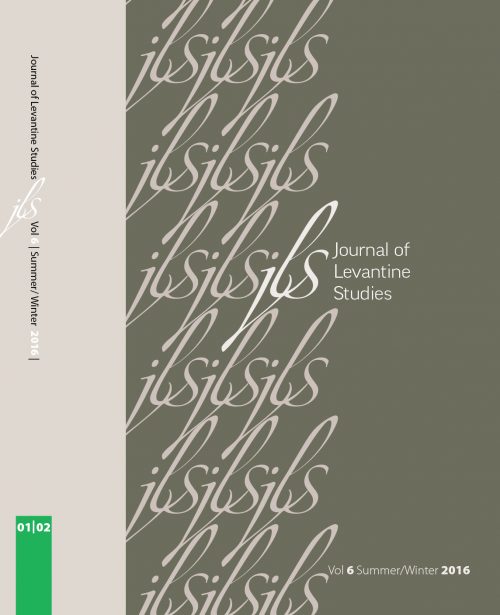-
Add to cartQuick view
Papal Power, the Portuguese Inquisition, and a Consilium of Cardinal Pier Paolo Pariseo
Free!The traditional picture painted by Alexandre Herculano portrays the interactions between the papacy and King John III of Portugal, which ended in the establishment of the Portuguese Inquisition and the free hand given to it, as the product of cynicism. The vagaries of the papal court certainly intervened. However, by reexamining the tens of papal letters issued concerning the Inquisition’s origins, many of which Herculano may not have seen, one comes to a different conclusion, one reinforced by a consilium (in fact, two that are read as one) by the Bolognese professor of law and eventual cardinal, Pier Paolo Pariseo. Composed at papal request, this consilium insists on pardoning, as the pope wished, those converted in 1497, because coacti fuerunt (they were forced), words that appear in the papal letters as well. The history of forced conversion gives reason to assume both pope and professor were sincerely perturbed. More, both were insistent on reinforcing the idea of papal supremacy in matters mere ecclesiasticum, as well they should have been. For the drama of the Inquisition took place parallel to the great struggle of the pope with Henry VIII of England, who claimed, in so many words, such powers for himself. Moreover, Henry VIII, because he remained theologically a Catholic, was a greater threat in many ways than Luther. Would the Portuguese monarchy, and perhaps others, follow Henry, leaving the pope truly powerless?
Add to cartQuick view
- Home
- About JLS
- Issues
- Vol. 9 No. 1 | Summer 2019
- Vol 8 No 2 Winter 2018
- Vol. 8, No. 1: Summer 2018
- Vol. 7, No. 2: Winter 2017
- Vol. 7, 1: Summer 2017
- Vol. 6, Summer/Winter 2016
- Vol. 5, No. 2 Winter 2015
- Vol. 5, No. 1 Summer 2015
- Vol. 4, No. 2 Winter 2014
- Vol. 4, No. 1 Summer 2014
- Vol. 3, No. 2 Winter 2013
- Vol. 3, No. 1 Summer 2013
- Vol. 2, No. 2 Winter 2012
- Vol. 2, No. 1 Summer 2012
- Vol. 1, No. 2 Winter 2011
- Vol. 1, No. 1 Summer 2011
- Blog
- dock-uments
- Subscribe
- Submit
- Contact


